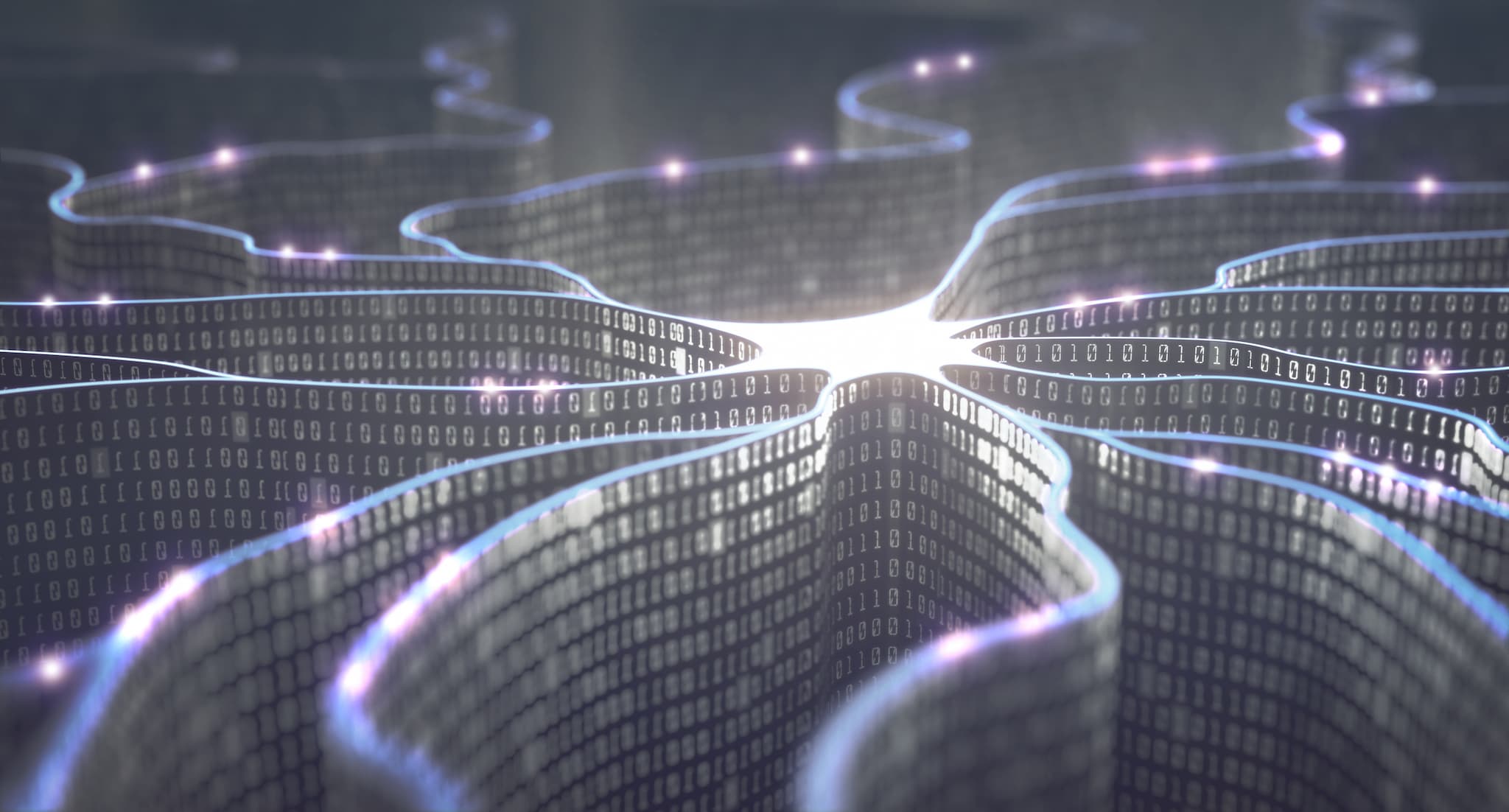The Fundamental Question
Will artificial intelligence replace humanity? The answer rests on one fundamental question – do numbers, and the math we use to do things with them, really represent reality?
We assume that numbers and math are real because we can do things in the real world with them. We use them to build computers and launch rockets. But now we are trying to create thinking machines using those same numbers and math. The problem is that thinking might be a fundamentally different thing from everything else in the world, one which can’t be expressed through the numbers and math we have.
I asked a couple of AI researchers to watch the video below and answer the following question…
The mathematician in the video indicates that numbers and mathematics, which is the basis of our attempts to compute consciousness and create sentience(AGI), are incomplete representations of reality and might be insufficient to actually create machines that think. What are your thoughts?
Igal Raichelgauz (CEO and co-founder of Cortica, an AI company)
“I think his point is that the “representation” is not the “thing” itself.
The interesting thing is that it’s definitely true and intuitive when the “thing” is something material, like an object or an action. Of course, “a cup” is not its 2D projection, it’s even not its 3D HD image.
But, the intention and probably the validity of this statement breaks down when the “thing” is something abstract. If the abstract thing lives in the world of information, then the laws of information apply to it. Meaning X=Y if both are the same kind of information, even if their representations are different, even if we first defined X and only then Y.
If we assume that our brains are information then why can’t we pass this information to computers?
Consciousness, in my opinion is Subjective experience. We don’t have math for Subjective experiences. One could claim that Math doesn’t work here.
I would start the research here with the simplest subjective experience – pain (simple physical pain). Can we make the computer feel pain? How can we be sure that it actually feels pain? Is pain information? I’m not sure that science has a good answers to these questions. Maybe that’s exactly the boundaries of our brains – they can’t understand what subjective experience is, nor even what pain is.”
Joseph Geraci (Data Scientist, Mathematician and Medical Scientist)
“I will address his representation argument which essentially says that what we are doing is using representations of things that really ARE and the representation is essentially “weaker” than the real thing. On this he is correct even from a computational perspective because a vector representation of brain correlations is definitely not the actual thing. I have done this many times with fMRIs from humans. So I will say that being confined to the representations we are using now, we will be able to do some interesting things that approximate reality but we will not be able to mimic the human experience – nor a dog’s.
However, if you consider the space occupied by a human brain – the actual 3D space it occupies, we know that it is no where close to utilizing all the information processing ability of that space. Only blackhole matter has that capacity. Thus the human brain is just, in some sense, a representation of some potentially superior information processing system. The reason this is true is that black hole matter has way more microstates to capture and process information. What we are going to eventually be able to do – is not muck around with black hole matter – that is ridiculous – but we are going to be able to develop representations of quantum events by actually simulating a quantum system with analog or digital quantum computers. This means in a real way that we will be able to actually have access to the information processing potential of that brain’s 3D space and to be able to have representations of chemical reactions at a fundamental level. Thus, for now we are stuck with linear algebra but eventually we are going to build more sophisticated representations to play with.”
If it is true that the math and numbers we currently use to represent the universe are inadequate then our attempts to create thinking machines may be a distant dream.
Joseph Geraci adds: “There is still much of mathematics that remains untapped so it is hard to know if there will ever be a way to leverage numbers and math to achieve the dream of true AI.”
For more head scratching read Eugene Milner’s seminal paper on the topic, ‘The Unreasonable Effectiveness of Mathematics in the Natural Science.‘
Share This Article
